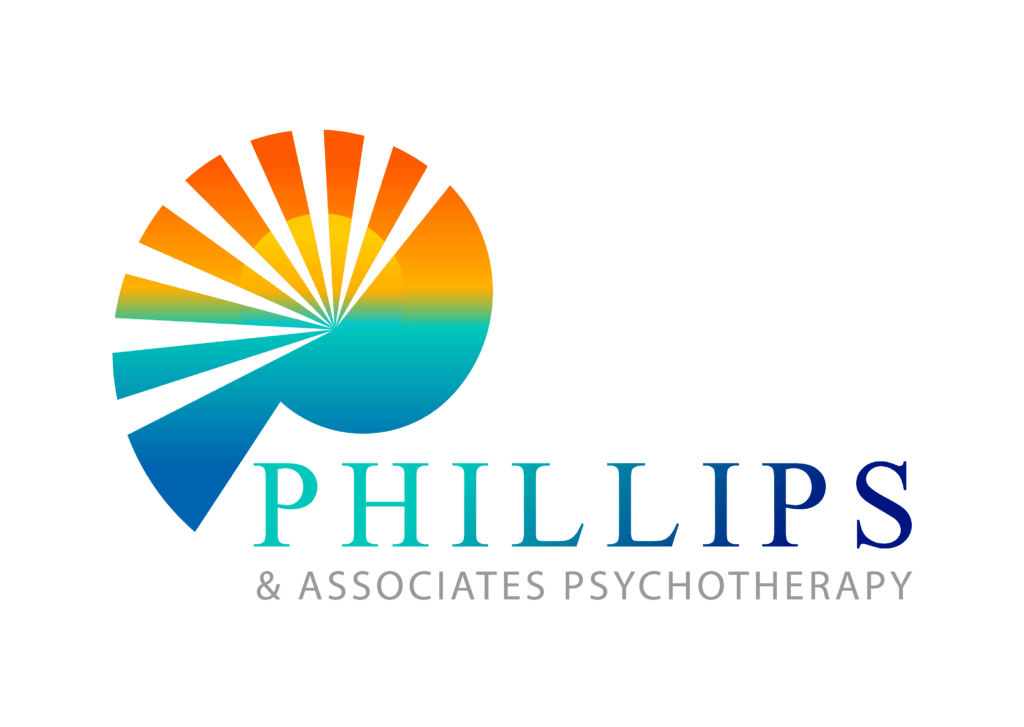Eating Disorders Treatments

Eating Disorder Recovery
In this blog post, we will illuminate the path towards recovery, exploring the intricacies of eating disorders, the multifaceted nature of their origins, and the transformative power of a comprehensive, person-centered treatment approach. It is a journey that calls for compassion, understanding, and a deep commitment to the well-being of every individual who seeks our support.
Join us as we venture into the heart of eating disorders treatment, where we believe that recovery is not just about mending broken relationships with food, but about rediscovering the beauty and strength that resides within each and every person we have the privilege to serve. Together, we will unravel the complexities, nurture resilience, and rekindle the flame of self-love and acceptance.
1. The Spectrum of Eating Disorders
From anorexia nervosa to bulimia and binge-eating disorder, each eating disorder presents its own unique challenges. However, they all share a common thread: a complex interplay of physical, emotional, and psychological factors.
2. The Emotional Factor
Eating disorders often serve as a coping mechanism for underlying emotional pain, trauma, or distorted self-perceptions. Understanding and addressing these emotional triggers is crucial in the journey towards recovery.
3. Nutritional Rehabilitation
Establishing a balanced and structured meal plan is fundamental to eating disorders recovery. Under the guidance of a registered dietitian, individuals learn to nourish their bodies, reestablishing a healthy relationship with food.
4. Therapeutic Interventions
Individual and group therapy provide a safe space for exploring the emotional complexities underlying eating disorders. Evidence-based approaches such as Cognitive Behavioral Therapy (CBT) and Dialectical Behavior Therapy (DBT) are among the techniques utilized.
5. Body Image and Self-Esteem Building
Rebuilding a positive self-image is a vital aspect of recovery. Body-positive practices, self-compassion exercises, and self-esteem-building activities help individuals cultivate a healthier relationship with their bodies.
6. Mindfulness and Mind-Body Practices
Incorporating mindfulness, yoga, and other mind-body practices can foster a sense of grounding, self-awareness, and emotional regulation, complementing the overall healing process.
7. Family and Social Support
Involving loved ones in the treatment process can be invaluable. Family therapy and support groups offer opportunities for open communication, understanding, and collective healing. You may seek counselling and therapy services.
8. Reclaiming Personal Identity
Rediscovering passions, interests, and talents outside of the eating disorder is an empowering step towards reclaiming a sense of self. Creative outlets, hobbies, and self-care practices play a crucial role in this journey.
Recovery from an eating disorder is a profound testament to the strength and resilience of the human spirit. With a holistic approach that addresses the physical, emotional, and psychological aspects, individuals can embark on a transformative journey towards healing, nourishing not only their bodies but also renewing their souls.

